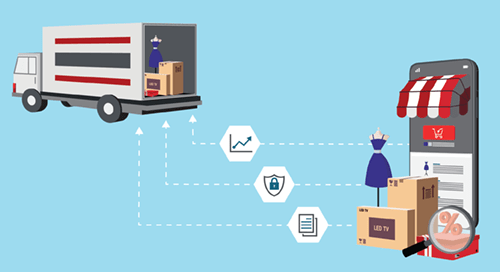What if you could let developers simulate an API’s behaviors before it goes live? API mocking serves this purpose.
Mock APIs function like real APIs, except they don’t communicate with external sources. API producers can simply set up secure mock data and endpoints, which developers can then access to get realistic API responses.
Why has API mocking become so popular in software development? Here are 4 of the top reasons.
01 Fast tracks the development process
Getting APIs fully developed and out the door can take months. As automation tools and AI are helping move the needle faster, so are mock APIs.
While application developers can start deploying and testing APIs in a controlled environment, API producers can keep working on APIs in the background.
Parallel development accelerates speed to market for both APIs and apps.
02 Irons out potential bugs and issues early on
When developers encounter API errors, it can deter their use — and as we know, API adoption is king. With mock APIs, API producers can weed out these bugs and issues before the actual API is deployed.
As developers test out error responses, in addition to unique use cases, API producers can use this feedback to deliver a more reliable final API product.
03 Empowers greater cost efficiency
Comprehensive API testing across all relevant scenarios takes time. API mocking lets producers perform this testing without the cost of maintaining live environments — a cost that adds up quickly considering fees per usage.
Early troubleshooting of errors also avoids costly reworks down the road, and automation of this important step helps streamline the whole developer experience.
04 Reduces the potential for downtime
APIs are at the whims of other third-party software when API testing happens in a live environment. These dependencies can translate into delays, whether that’s due to scheduled maintenance or unexpected outages.
API mocking allows for uninterrupted testing that continues to support reliable results.
Learn how you can more easily meet API security standards through an API marketplace.














